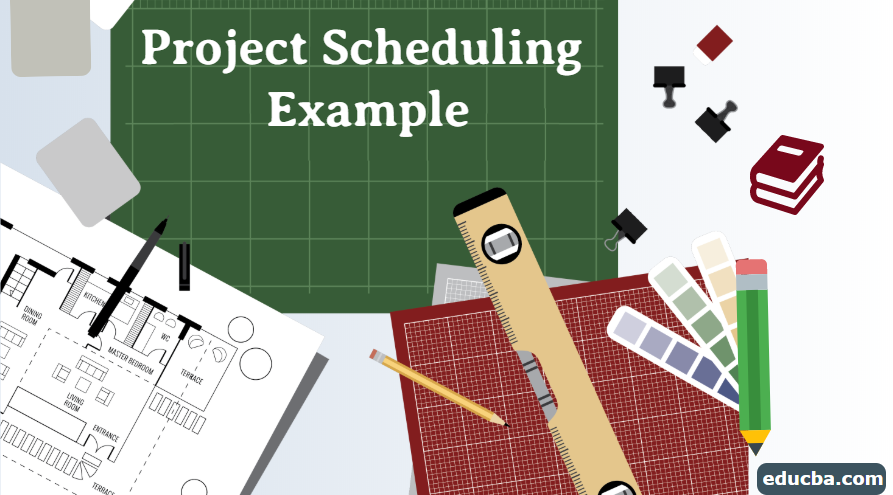Effective planning and scheduling are critical in helping you achieve the best results for every construction project you work on and ensuring you stay on track to meet project timelines and requirements.
By understanding the key differences between construction scheduling and planning, you can navigate both of these processes with confidence. This can help you enhance productivity and ultimately improve project results across a wide variety of construction tasks.
What is construction scheduling? What is planning for construction? What differences should you be aware of? Here is what you need to know.
What is planning for construction?
Put simply, construction planning is a prerequisite to any scheduling you undertake. Planning is the process of gathering the information you need to determine project details and fulfil any relevant requirements.
Throughout the construction planning process, you may need to read or produce tender documents. You might need to provide contracts or evaluate the scope of work. This process might also include logic decisions, drawings and blueprints, and identifying any potential constraints. You may even start to plan for material availability.
In construction, planning is essential. It allows you to identify risks and potential challenges ahead of time so that you can face them with confidence and navigate through them with ease. This means that you can keep your projects on track and provide the best outcomes for your clients.
What is construction scheduling?
Construction scheduling is a critical next step in preparing your construction project for success. By scheduling your project effectively, you can develop accurate timelines and expectations that keep everyone, workers and clients alike, on the same page.
When undertaking construction scheduling, you will need to determine the order of the tasks and activities you need to complete to deliver final construction results. You’ll plan for project duration, as well as making allowances for potential challenges or delays. You’ll determine start and finish dates for each project checkpoint, and you’ll assign tasks when needed.
Construction scheduling is a much closer look at what it really takes to get the job done. You need a schedule that evolves and adapts with you throughout the duration of your construction project. This can help you stay up to date with the latest developments, as well as ensuring you have the best possible chance of aligning with the project timeline and all relevant requirements.
Key differences to keep in mind
Ultimately, planning is the start of the scheduling process in construction.
You need to develop a construction plan that examines big-picture details that could affect the way your construction project unfolds. Once you have this information in place, you can move on to more detail-oriented scheduling. This is your opportunity to assign tasks to specific people and to assign timeline details that estimate the total duration of each task and the construction project in full.
Construction scheduling software can help you take control of your business operations in no time. Don’t wait to work smarter. Choose BUILDXACT, and get started today.
